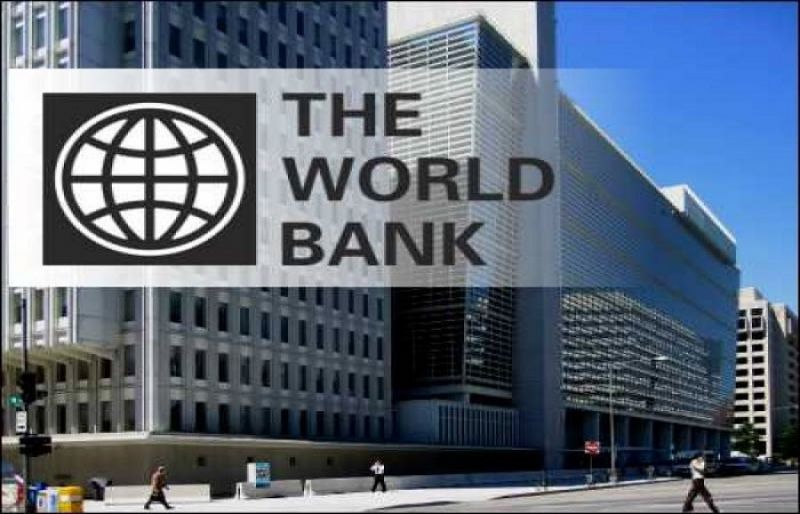The World Bank has reiterated its promise to support Nigeria in bridging infrastructure gap alongside the International Finance Corporation (IFC).
This was revealed by the World Bank Vice President for Africa, Mr Hafez Ghanem who made it known that the Bank was willing to help Nigeria leverage private and public investments and expertise for inclusive growth.
“We have supported and seen success in transport, energy and power sectors using Public-Private Partnerships (PPPs) models. The Azura power project is an example of how we have attracted private sector investment in the power sector.
“We are happy to work with the government of Nigeria on power sector reforms, which will create a better environment to attract more private sector financing,” Ghanem said.
Similarly, IFC Vice President for the Middle-East and Africa, Mr Sérgio Pimenta, and IFC Vice President for Economics and Private Sector Development, Mr Hans Lankes, in a meeting during their visit to Nigeria, stated that the financing needs of developing countries often surpassed their own budgets and available donor funding which is why private sector resources and expertise could go a long way in bridging this gap.
The National Integrated Infrastructure Master Plan (NIIMP), Nigeria, according to a statement, faces a $100 billion annual investment gap in infrastructure. The statement also highlighted the World bank’s portfolio in Nigeria to be $11 billion invested across all sectors, while IFC’s portfolio stood at over $1 billion in sectors including manufacturing, financial services and infrastructure.
According to the Minister of Finance, Budget and National Planning, Mrs Zainab Ahmed, the country’s core infrastructure stock is currently estimated at 30% of the Gross Domestic Product (GDP) which falls far short of the international benchmark of 70%.
Ahmed also pointed out that the Federal Government would require about $100 billion annually for the next 30 years to effectively tackle Nigeria’s infrastructure challenges.
Meanwhile, the World Bank has promised to work together with its institutions to mobilise a range of financing solutions for projects in developing countries.

 Football1 day ago
Football1 day ago
 Business1 week ago
Business1 week ago
 Business1 week ago
Business1 week ago
 Education1 week ago
Education1 week ago
 Crime1 week ago
Crime1 week ago
 Covid-191 week ago
Covid-191 week ago
 Latest5 days ago
Latest5 days ago
 Business1 week ago
Business1 week ago

